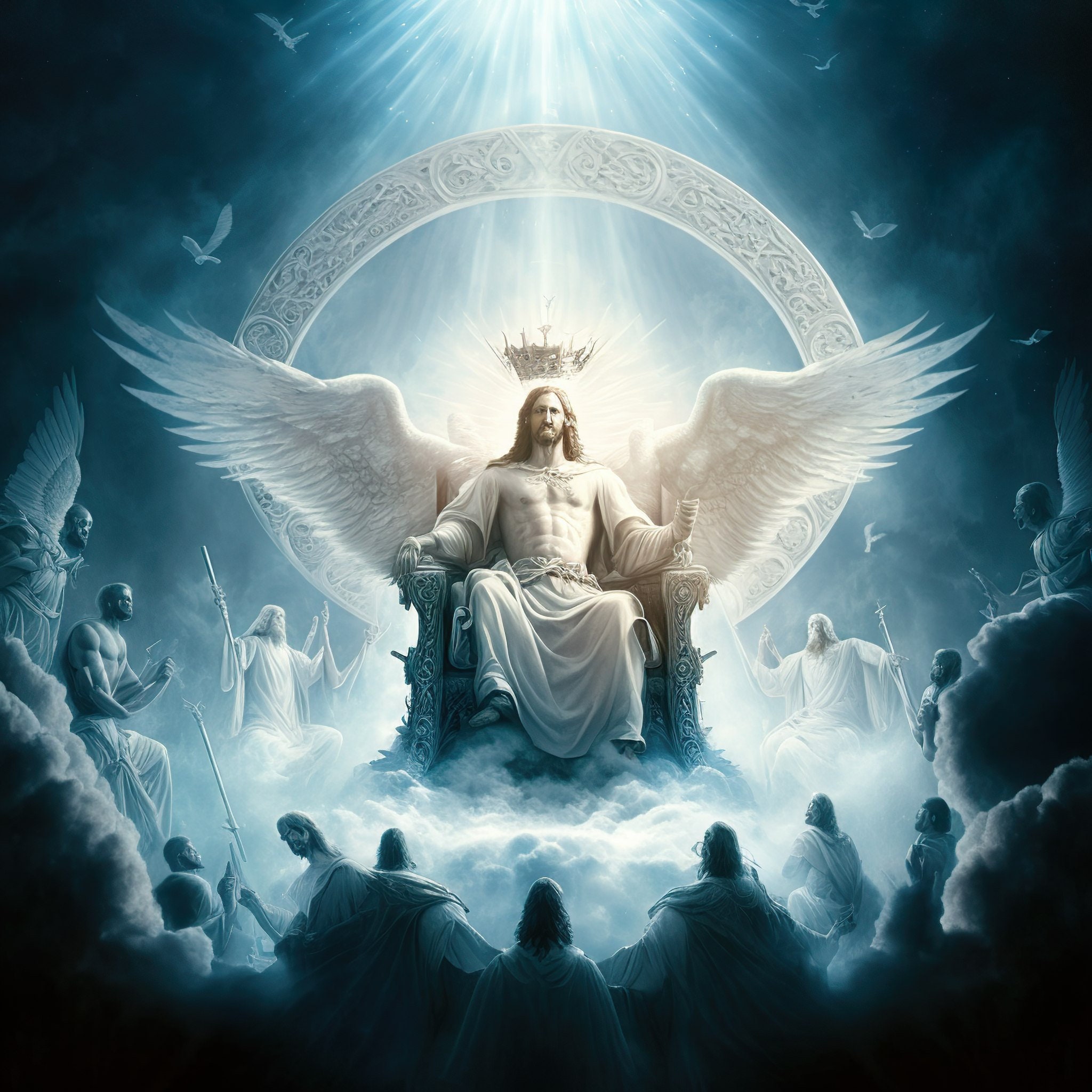In the discourse surrounding the divine presence, one might ponder the compelling question: “Where is God’s Throne?” This inquiry transcends mere theological curiosity; it provokes profound contemplation about the nature of divinity and its manifestation in our vast universe. The Bahá’í teachings, imbued with depth and philosophical richness, offer insightful perspectives on the positioning of God’s Throne and the essence of divine presence.
At the heart of Bahá’í belief lies the principle of the oneness of humanity and the unity of all religions. This foundational tenet presupposes that every religious tradition offers a glimpse into the divine, illuminating the attributes of God—attributes such as love, justice, mercy, and wisdom. In this regard, the Bahá’í Faith elucidates that God, while ultimately transcendent and unknowable, is also immanent in the fabric of our existence. This duality challenges the conventional notion of a distant God seated upon a physical throne, suggesting rather that God’s Throne exists wherever the spirit of divinity is recognized and cherished.
Bahá’u’lláh, the founder of the Bahá’í Faith, emphasizes not a geographical location but a spiritual state. He articulates that the Throne of God is synonymous with the hearts of the believers, wherein the divine presence resides. This assertion leads one to ponder: if God dwells in the hearts of individuals, does this not imply that the Throne could be anywhere infused with love, compassion, and justice? Could each person, through their actions and beliefs, create a semblance of that celestial throne on earth?
Delving deeper, Bahá’í writings invoke the idea of the divine as a source of light and guidance. In this context, God’s Throne signifies not only authority but also a beacon of hope and morality, illuminating the path toward spiritual enlightenment. The concept of “divine light” permeates various Bahá’í texts, suggesting that the presence of God is interwoven with the very essence of creation. Thus, the divine Throne transcends mere physicality, residing within the probing hearts and earnest souls of all who seek the truth.
Moreover, the teachings articulate that God’s manifestation is reflected through the myriad of Prophets and Manifestations of God sent throughout history. Figures such as Jesus, Muhammad, Moses, and, of course, Bahá’u’lláh himself serve as conduits through which divine attributes are revealed. Each of these Prophets has played a pivotal role in unveiling different facets of God’s character, suggesting that the Throne of God can also be perceived in the teachings, actions, and lives of these holy figures. Herein lies a challenge: how do believers reconcile the diverse representations of divinity without succumbing to disunity? The Bahá’í approach promotes the understanding that each Prophet corresponds to a specific historical context, and their revelations represent successive stages in the unfolding of a single, unified religious truth.
Furthermore, contemporary challenges reveal the necessity of bridging the gap between spiritual aspiration and practical application. The presence of God’s Throne, as interpreted by Bahá’ís, implores individuals to embody divine principles in daily life. Concepts such as service to humanity, the pursuit of justice, and the fostering of unity exemplify how one might live as a reflection of that Throne on earth. Rather than awaiting some distant realm of divine prominence, Bahá’ís are called to create the conditions for a collective experience of God’s presence here and now, thereby transforming the mundane into the sacred.
Intriguingly, this notion of God’s Throne not being a singular, isolated entity promotes a dynamic view of spirituality. Where traditional depictions often evoke an image of God as an isolated monarch, the Bahá’í interpretation suggests a more collaborative and communal understanding of divine governance. The Kingdom of God, then, is not merely an eschatological promise but an immediate pursuit—a collective enterprise to cultivate virtues and enact divine principles in society. Here emerges the reflective challenge: how can we cultivate such a Kingdom amidst the chaos and divisions of the contemporary world?
In conclusion, the Bahá’í perspective on God’s Throne invites us to contemplate a more profound understanding of divine presence, one that transcends physical confines and entrenched dogmas. By recognizing that the Throne of God exists in the hearts of believers, in the teachings of the Prophets, and in the collective pursuit of justice and unity, one can appreciate the interconnectedness that binds all humanity under a divine purpose. Thus, rather than searching for a distant throne, one might consider the divine presence manifesting around and within us, urging each individual to act as a steward of sacred principles in the collective quest for peace and enlightenment.
